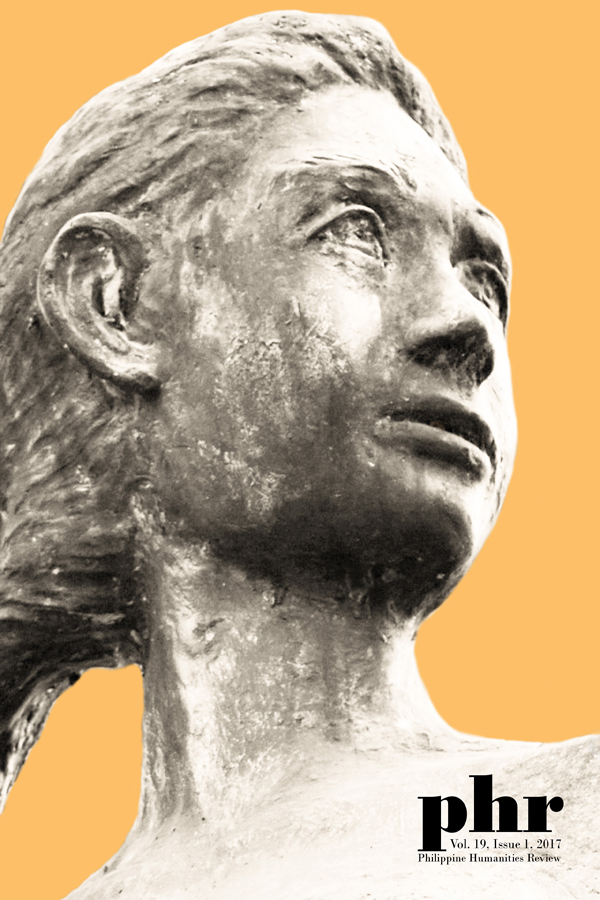Autobiography as revolutionary praxis: Memorializing and memoir-making in Sa Tungki ng Ilong ng Kaaway: Talambuhay ni Tatang and Ka Bel: Mga Liham
Abstract
The construction of a “non-individualistic ‘I’” in the autobiographies of organic intellectuals who are known leaders of the workers’ movement subverts the traditional notions of autobiography. In Cesar Lacara’s memoir Sa Tungki ng Ilong ng Kaaway (1988) and Crispin Beltran’s letter anthology Ka Bel: Mga Liham (2010), the self either disappears and blends with the masses, or is constructed to glorify a working-class hero who committed his life for the masses. This is due to the underground nature of Lacara’s life; his memoir was published while he was still active in the movement. Thus, details of his life must not be divulged. On the other hand, Beltran’s letters, though not intended for publication, were published posthumously to commemorate and memorialize his life as a well-known labor leader. They also offer glimpses of his private life as a father raising a revolutionary family. Through interviews with the editors of these autobiographies, one glimpses the mode of production of these texts. These autobiographical narratives were written in the midst of their revolutionary praxis with the help of the collective. Through editing, the polyphonic voices of the collective may be heard or are muted in the texts. The narratives and the self in these autobiographies have no closure: they are continuing and open-ended like the revolution they wage.
KEYWORDS: autobiography, Crispin Beltran, Cesar Lacara, revolutionary literature, Philippine literature


